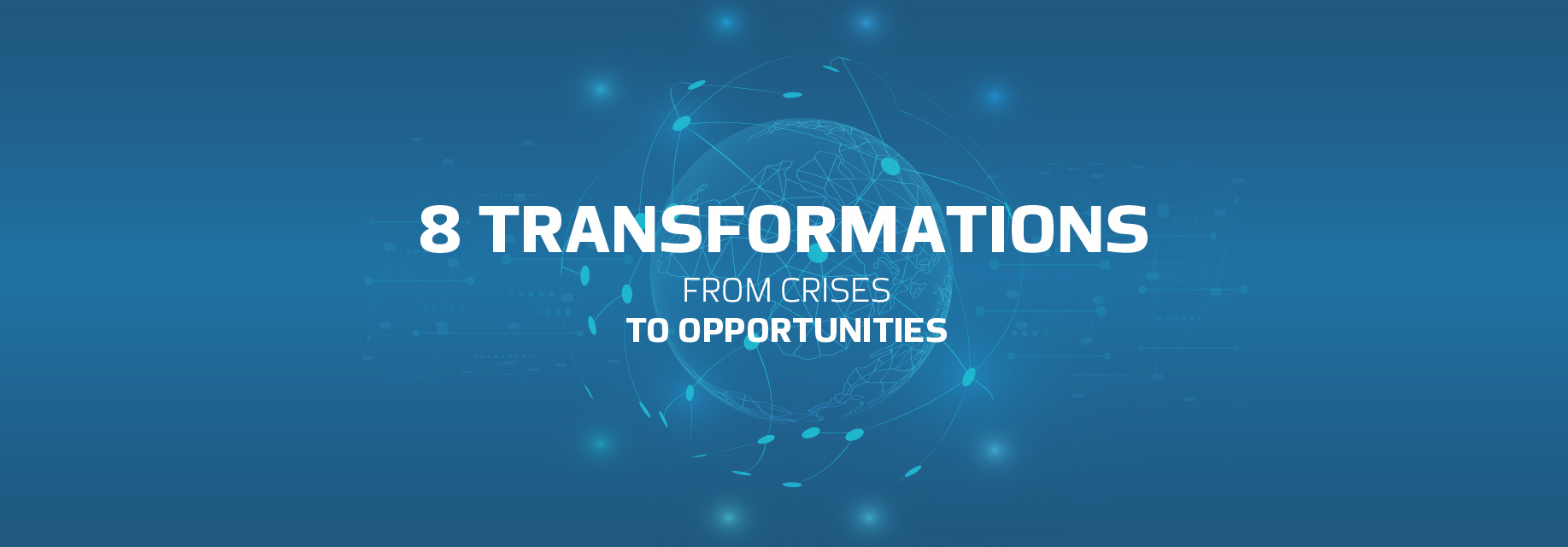Unlocking Government Productivity in the Middle East
-
Sizing the Productivity Opportunity in the Middle East
-
Identifying Ten High-impact Programs to Unlock Productivity
-
Taking Action to Increase Government Productivity
Governments around the world are facing increasing pressure to raise the productivity of public-sector entities. Historically high fiscal deficits and low levels of trust pressure governments to retreat from providing services or otherwise reduce spending, but citizens expect governments to take on greater responsibilities, including expanding healthcare benefits, promoting industrial growth, and protecting the environment.
These pressures are particularly pronounced in the Middle East, where government spending represents between 22 and 56% of GDP1. Moreover, declining oil revenues have recently widened the gap between growing citizen expectations and the financial resources available to meet them.
Based on the analysis, governments have a sizable opportunity to boost productivity across government organizations in the region through better tools and processes, a more highly skilled workforce, and more efficient ways of working. We analyzed eight countries in the greater Middle East (Bahrain, Egypt, Kuwait, Oman, Pakistan, Qatar, Saudi Arabia, and the United Arab Emirates) and found that traditional productivity levers, such as upskilling and procurement centralization, could bring productivity gains of 7 to 13%. Additionally, cutting-edge solutions such as advanced analytics and digitization could boost productivity by up to 33%. On top of that, large-scale structural programs expected to reach maturity in the coming decade could see government productivity gains reach 32 to 49%.





